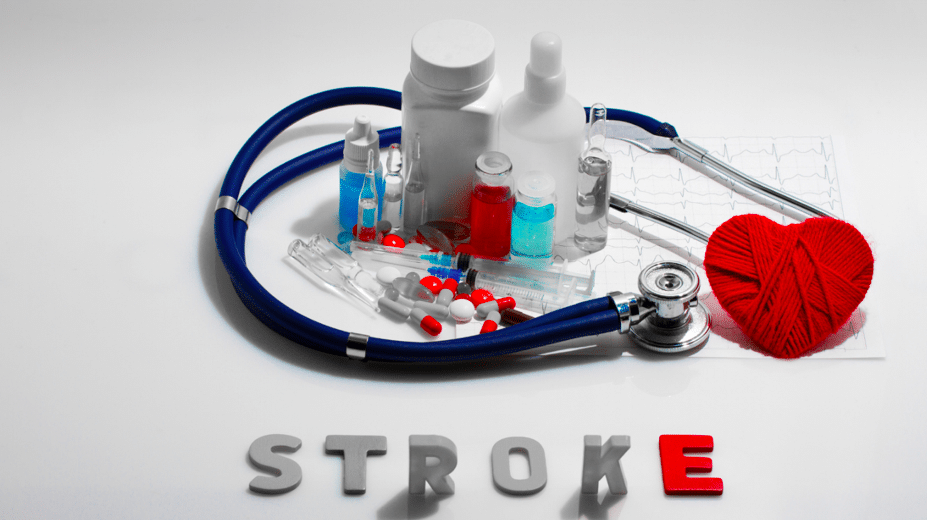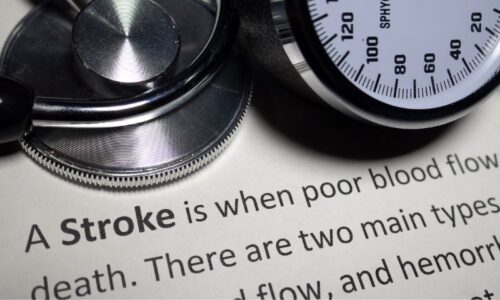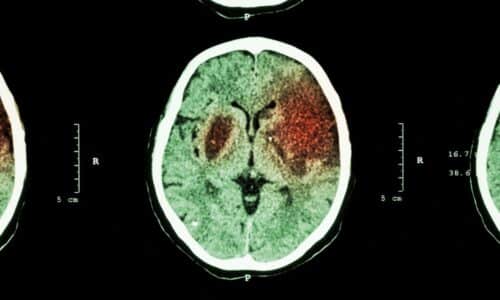Community Education and Awareness for Stroke Prevention and Treatment |

Stroke is one of the leading causes of death and disability worldwide, and yet many people are unaware of its causes, symptoms, and treatment. To combat this, hospitals like West Kendall Baptist Hospital have established stroke education programs to reach out to their patients and the community at large. In a conversation with Rosemary, the lead of the stroke education program at West Kendall Baptist Hospital, we learn more about the program and how it has helped to educate and raise awareness in the community.
Rosemary joined the program in 2015, when they were looking for a nurse practitioner to lead their neurological patient base and establish a stroke program. The hospital’s mission to invite the community into their doors and provide various facilities like the healthy hub and Bambu Café made it an excellent opportunity to reach out to the community at large. Rosemary’s role involved working with the stroke coordinator to establish the program and educate patients and the community about stroke prevention and treatment.
The stroke education program at West Kendall Baptist Hospital offers various events and fairs to educate the community. The annual stroke fair is one such event, where all the facilities under Baptist Health come together to educate the community about stroke prevention and treatment. The hospital also conducts safety fairs and wellness expos, where they take the opportunity to provide education to family members, patients, and visitors alike.
Stroke is a medical emergency that requires immediate treatment to minimize the damage caused to the brain. The program at West Kendall Baptist Hospital aims to educate people about the warning signs of stroke, such as sudden numbness or weakness in the face, arms, or legs, especially on one side of the body; confusion or trouble speaking or understanding speech; trouble seeing in one or both eyes; difficulty walking, dizziness, loss of balance or coordination; and severe headache with no known cause. By recognizing these signs, individuals can seek medical help as soon as possible, increasing their chances of receiving timely treatment and minimizing long-term effects.
Moreover, the program also emphasizes the importance of preventive measures such as maintaining a healthy lifestyle, managing blood pressure and cholesterol levels, quitting smoking, and regular exercise. By following these measures, individuals can lower their risk of stroke and improve their overall health.
In conclusion, stroke education programs like the one at West Kendall Baptist Hospital play a crucial role in educating and raising awareness in the community about stroke prevention and treatment. Through various events and initiatives, they provide valuable information to individuals and help to minimize the long-term effects of stroke. It is imperative to spread awareness about stroke and its warning signs to ensure that individuals receive timely medical help and improve their chances of recovery.








